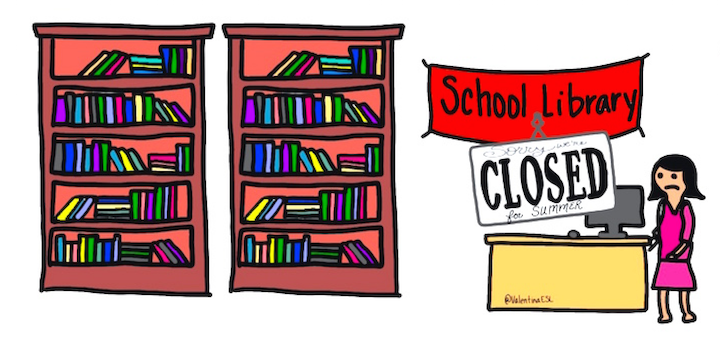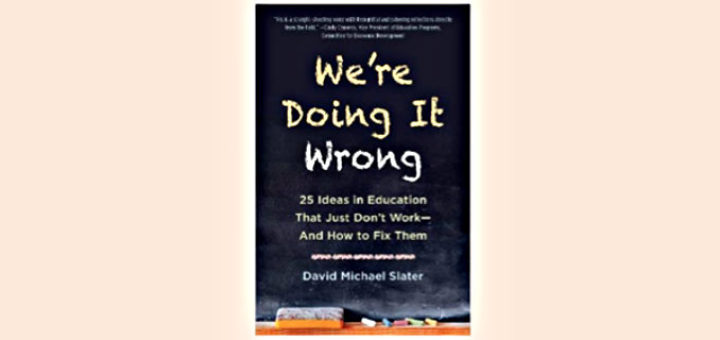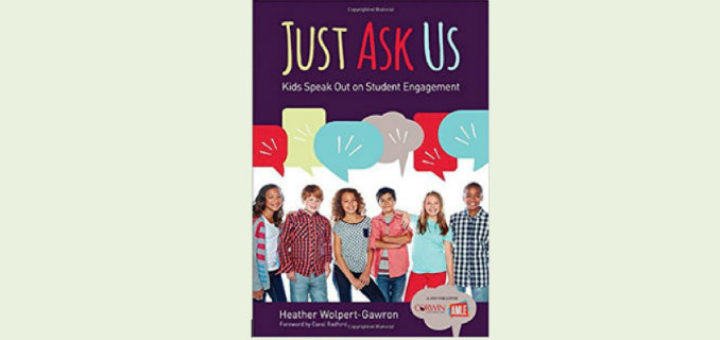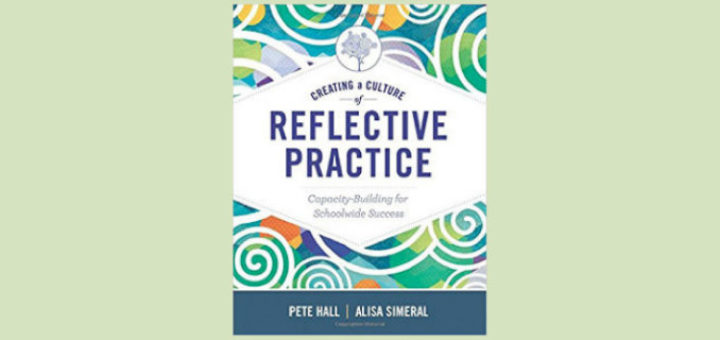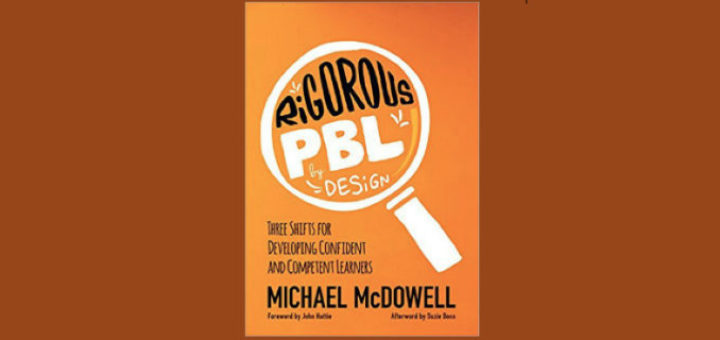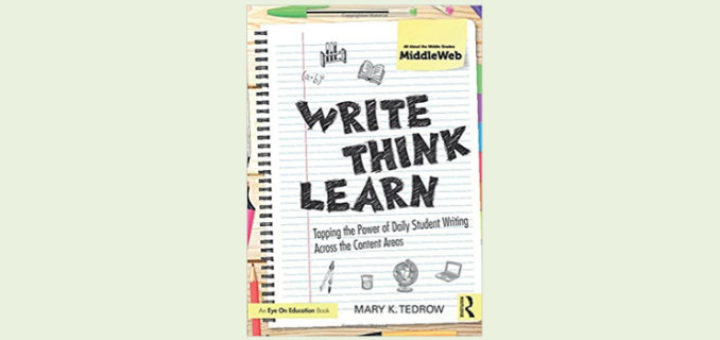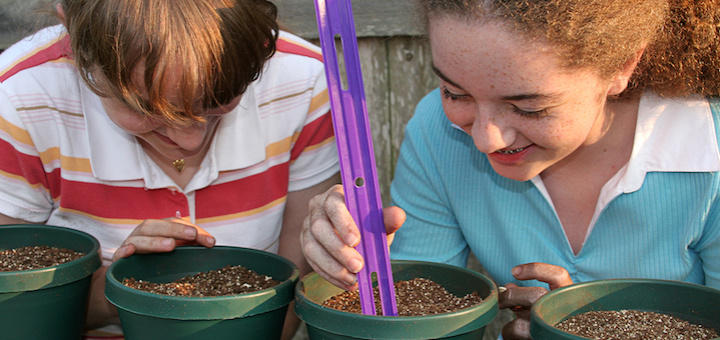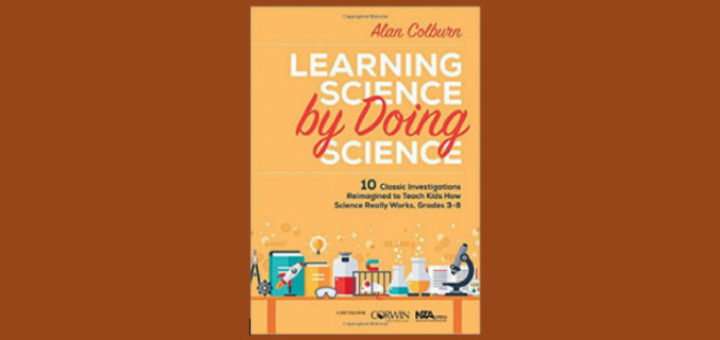Opening School Libraries Slows the Summer Slide
One way to counter summer slide is to provide easily accessible books. Public libraries are great but many kids can’t get to them. Valentina Gonzalez describes the challenges facing ELLs and other kids and suggests ways to make school libraries available over the break.

